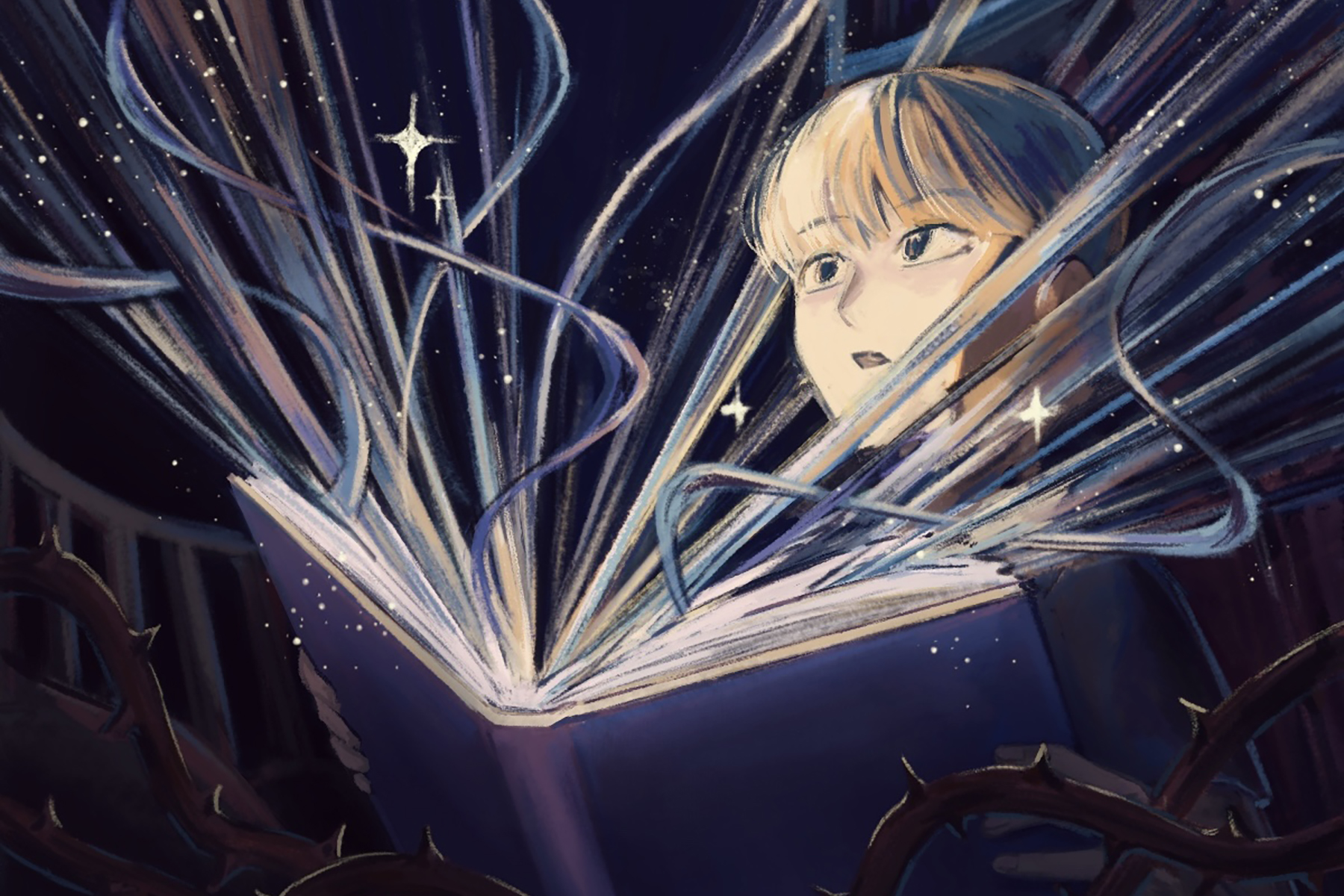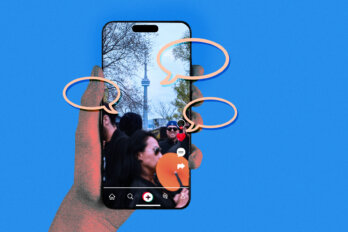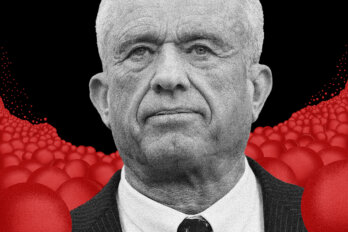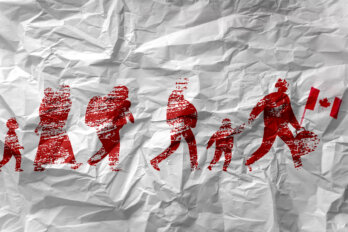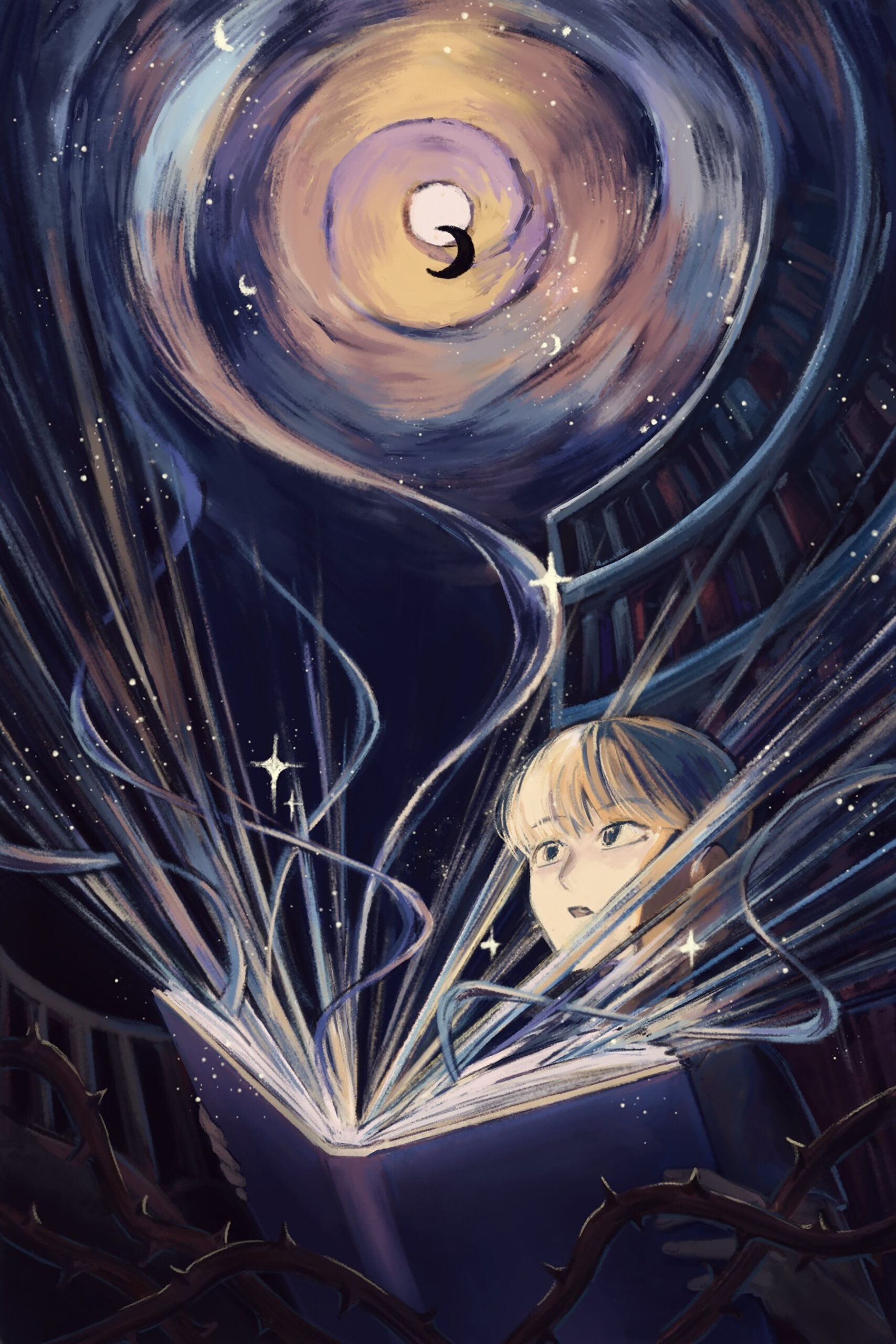
Though I was tall for a child, I could only ever reach the middle of the bookshelves in the local library. The word “reach” might be a stretch—I had to jump to whack the book out of place, then scramble to catch it as it tumbled to the floor.
The shelves fitted to the walls of my elementary school library were a bit better, designed for children as they were. The books intended for children my age were always displayed comfortably low—rows upon rows of magnified text and colourful glitter. I would spend hours sitting on the carpeted floors, taking in a thousand different variations of the same basic formula, seldom disturbed save for the occasional friendly greeting or inquiry from a peer.
There’s a certain flavour to the type of book I’m envisioning, a blur of pastel-coloured kindness and princess-cut sparkles and the primmest, tidiest of magic in the form of believing in oneself. Stories like these would always be simple and predictable—good triumphs over evil, kindness is magic, friendships are unbreakable. The lessons accompanying the stories, however clumsy, are worth adhering to. The characters, however cliché, are innocent children with good hearts. At an age when my literacy was a work in progress, stories like these were enough.
And then I grew up, and it was no longer enough.
I don’t know if the world changed, but my world certainly changed. The glitter was slowly shaken off, grit settling in its place. One can tolerate only so many “moral of the story”s forced down their throat before well-meaning messages become grating—suffocating, even. I had long since realized that the act of dropping everything to help a stranger is only a kindness on the paper of children’s books.
As I grew taller, the higher shelves in the library became level with my eyes. These shelves were lined with books drained of all colours but the red of blood, bold fonts cutting through spines in an attempt to grab the eyes of passersby, ostentatious titles wrought from undiluted melodrama. Post-apocalypse novels where human decency falls along with the rest of society. Fantasy novels where the winners in life stand atop a pile of dead bodies. Modern-day novels where every other character is a tangle of lies and deceit hidden behind a smiling mask. So many different stories across so many different genres, yet they all told the same tale—kindness doesn’t win. One must be decisive, deceitful, ruthless, unforgiving. All those traits one would hate to find in another, one must impress upon themselves.
Does fiction influence the real world, or does the real world slowly seep into fiction? Both, surely. Authors draw upon real-life experiences to create stories; readers absorb those stories, subconsciously allowing said stories to shape their own words and actions.
I could still pluck a book from above before sinking to the carpeted floors. Only I couldn’t, not really, not for any longer than a few minutes, without summoning the taunting and jeering of classmates who weren’t nice anymore. They would mock me for the sake of mocking me, and I would sneer right back, so absorbed in trading insults that my book was often left forgotten on the floor.
I wasn’t nice anymore, either.
The era of my adolescence was marked by an almost eager shift toward cruelty, by myself as well as my peers. Harsh words easily spat from our small, unwieldy tongues, scowls and glares overwriting our smiles, verbal abuse hurled over the new stone walls erected every day.
Slowly but surely, we tried our best to rip ourselves away from the kindness and compassion that were once intrinsic to us, so desperate to embody maturity that our fumbling attempts became childish all over again; so desperate to prove ourselves above childish things that we careened from one extreme to another, from clumsy kindness to clumsier cruelty. As if the day we learned that we could hurt was the day we learned everything.
I distinctly remember needling peers with worse grades than mine, rubbing their marks in their faces when I knew they were already incredibly anxious about presenting their report cards to their parents. It might even have been fun for me, stabbing at an open wound just to see the blood.
Thinking back, I dare say it wasn’t malice that was the source of my earliest insults. Rather, it was the gleeful novelty of exchanging words that had always seemed forbidden for me to say. It was almost a game to me, a shiny new concept to toy with, everyone trying to inflict that which they did not understand. The idea that I could really, truly hurt another with my words was just that—an unrealized idea, beheld not with wariness but giddy, almost shaky enthusiasm.
It was a heady thing, the knowledge that I was able to make someone bleed, headier still when no consequences befell me. It felt, I imagine, as a power trip might—a starburst of something to the left of delight, a taste too sharp to be satisfaction cutting into my tongue. And a little bit of awfulness, too easily accepted by a child who had mistaken it for a mark of maturity.
I know better now.
The novelty has faded for me, the voracious desire to prove my maturity whet the moment I realized adults could be as childish as me. Yet, here I am, still indifferent and apathetic if not outright unkind. Still weaving thorns into my words even now, backhanded comments slipping from my tongue almost without me thinking, probing insecurities as an afterthought, feigning ignorance as I lash into someone else’s heart. I fear my cruelty has been ingrained within my bones just as it is now interwoven with the fabric of society, a million tiny unkindnesses that accumulate to become something awful.
Why have I remained complacent in my unkindness when the novelty of cruelty has long since faded into obscurity? And why do so many others do the same?
Because cruelty is easy. Worse, it’s familiar, has been familiar for nearly a decade, a companion so constant it’s become the norm. We’re desensitized, now. We’ve encouraged ourselves, encouraged each other, to close our hearts and hone our edges, as though hurting everyone around us is a quality to be admired.
But it is so much more difficult to be kind than unkind. It takes courage to open your heart to a world full of barbed words and deliberately sharpened tongues. It takes courage to keep being kind, day after day, for no reason other than kindness itself.
It’s hard. Too hard sometimes, to scrape my bones clean of unkindness, to bite back every snide comment that would have fallen so naturally from my tongue, to smile at a world too weary to reciprocate.
It takes conscious effort for me to just refrain from being unkind. I wonder, sometimes, why I should even bother. All that anyone can give will never be enough for those who know only to take. One who offers help freely is likely to be drained dry, then called an ignorant fool for their kindness.
But then there’s all the people in my life who give. Their time, their words, their support, their love. I like the person I am when I’m around them. Still not nice, perhaps never again, but kinder. Happier.
So I still want to try.
What’s more, I still want others to try.
I don’t miss the glitter, or the sequins, or the sprinkles. But I do miss the days when kindness was a gift to be given, and the lack of it wasn’t nearly so commonplace. Spurning kindness and embracing cruelty doesn’t make you strong. It just makes you lonely.
The world may be harsh and cruel at times, but it is not your enemy. It’s just a world filled with beautiful and ugly things.

